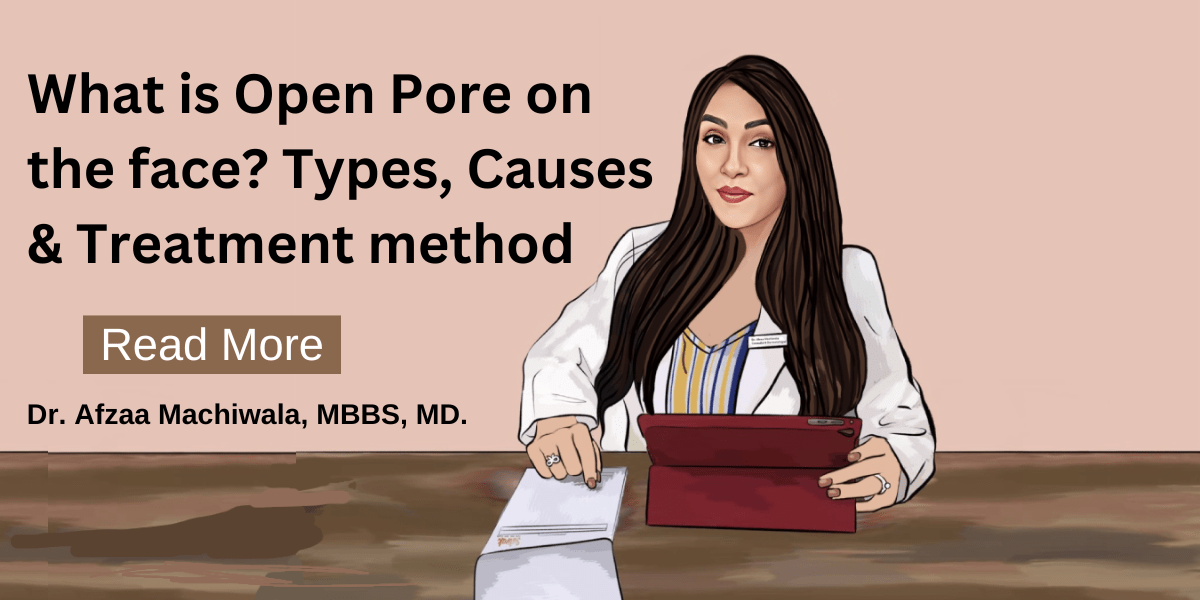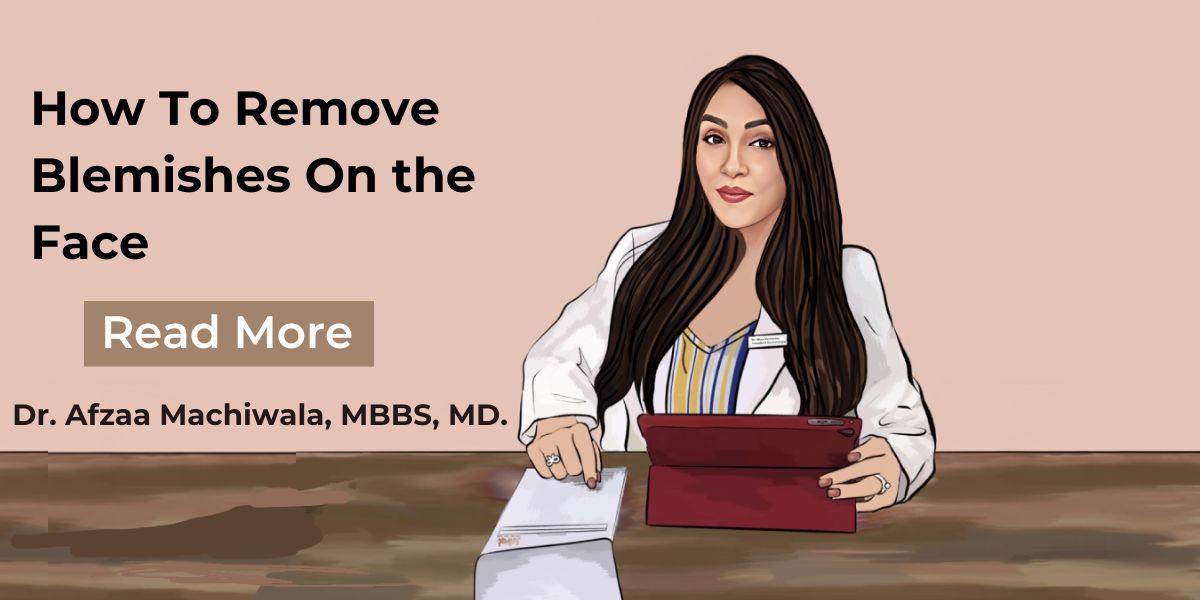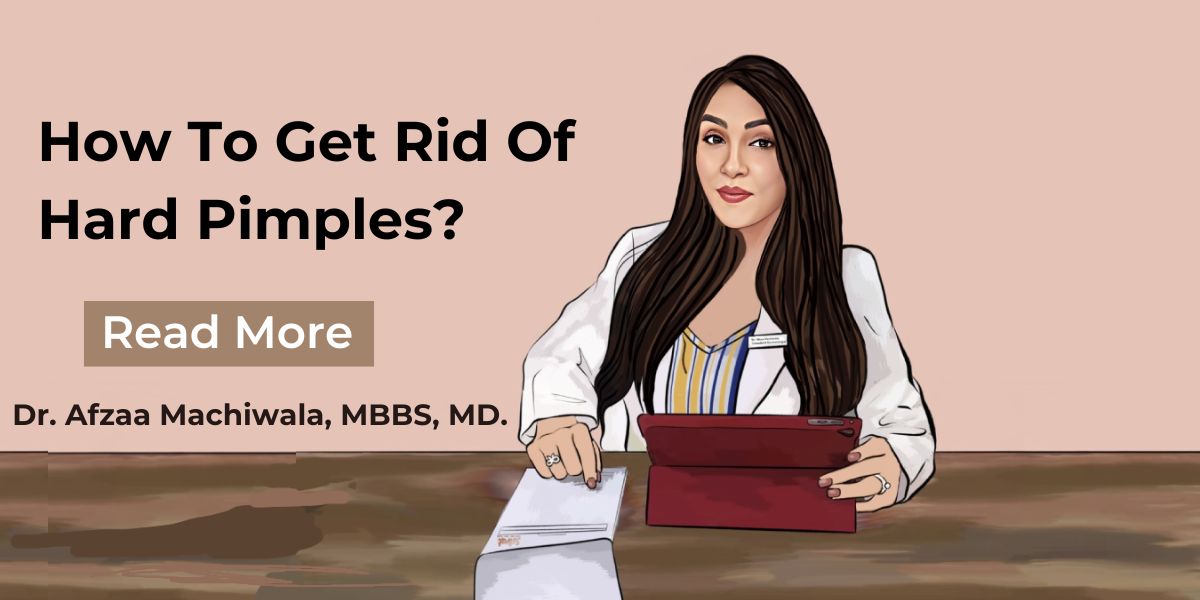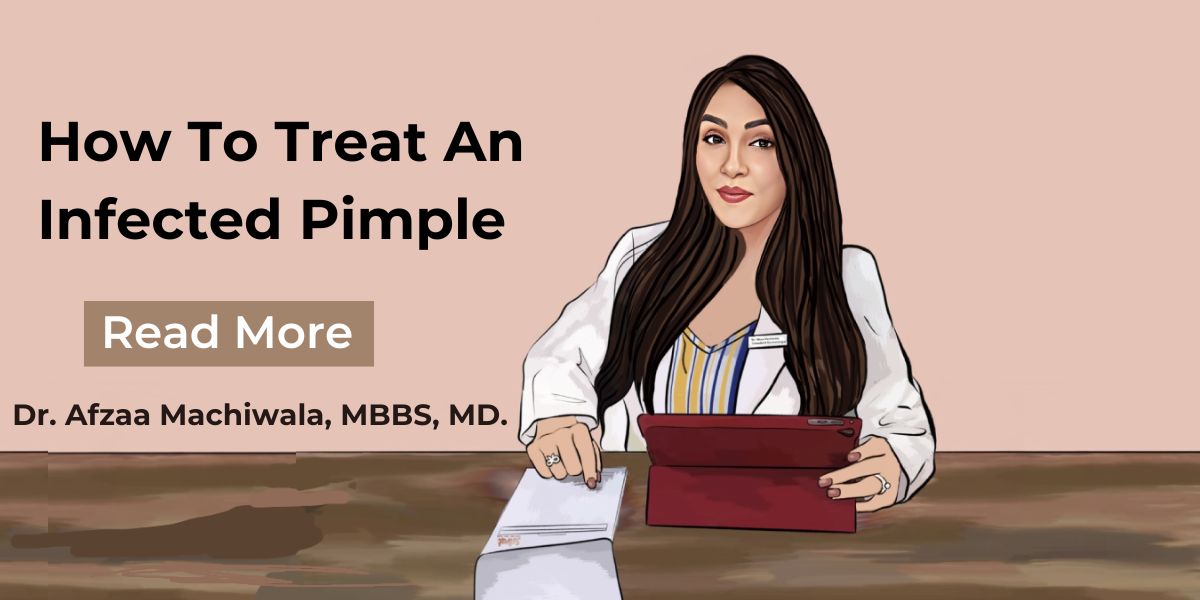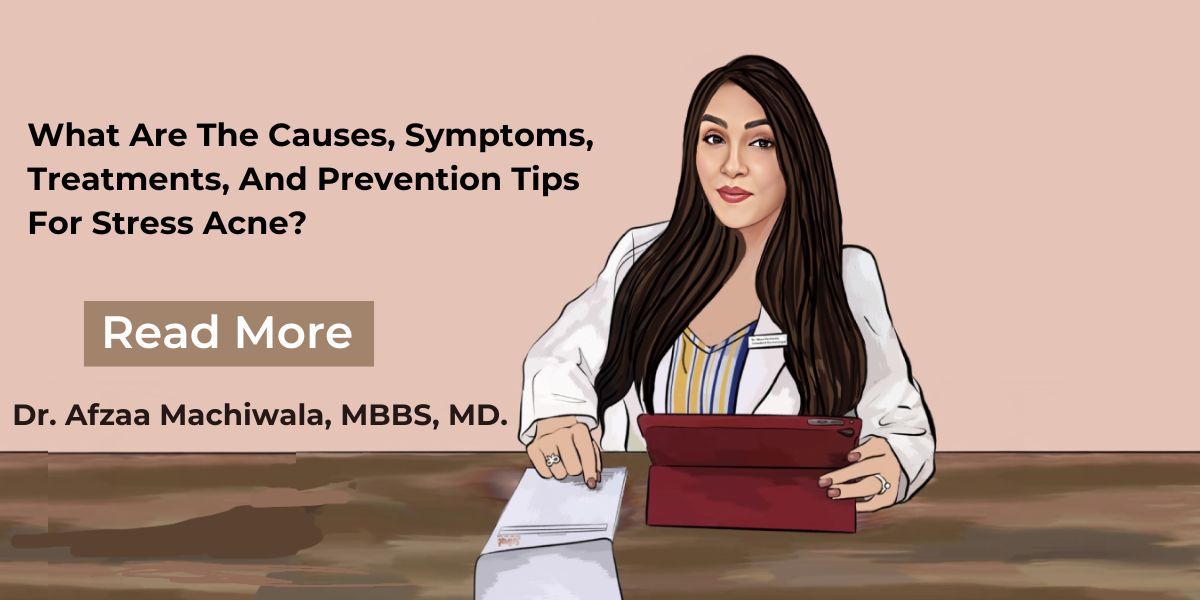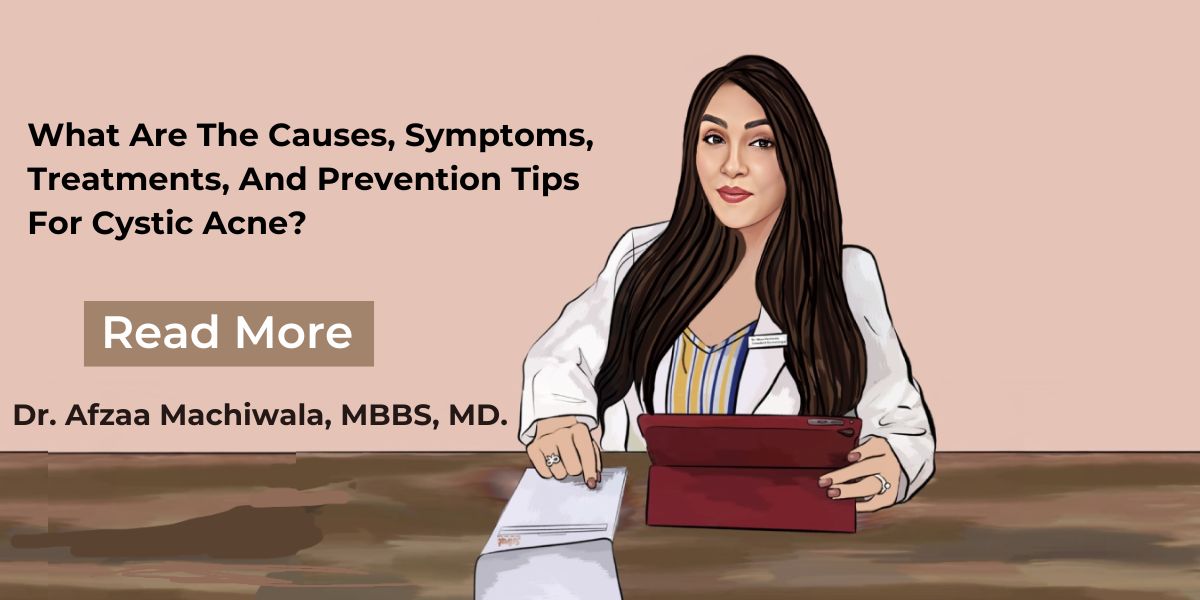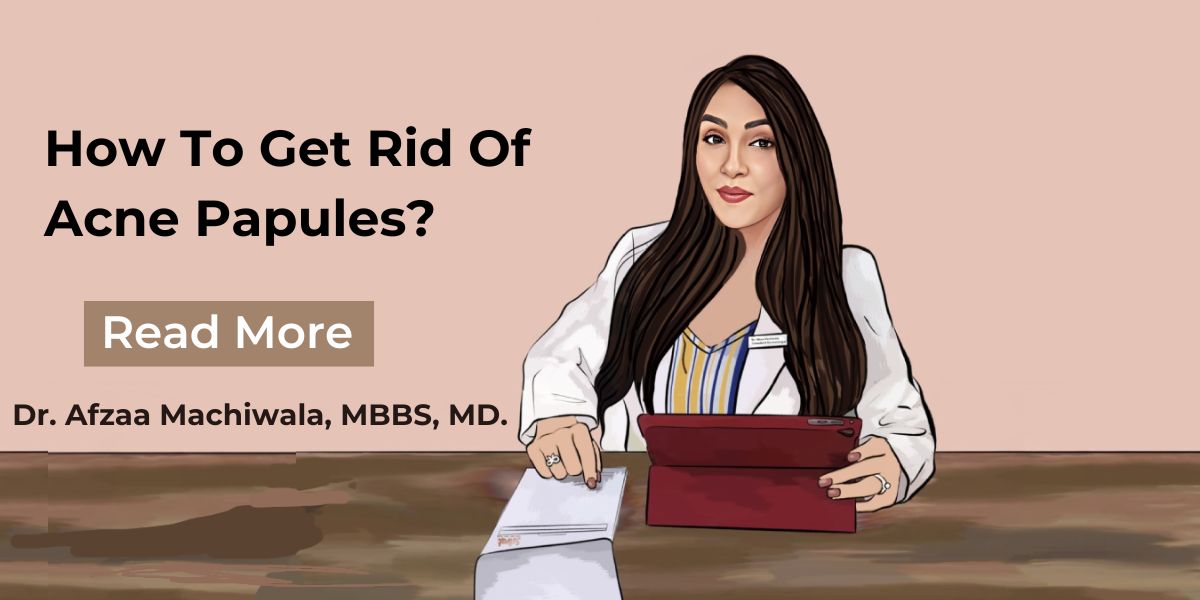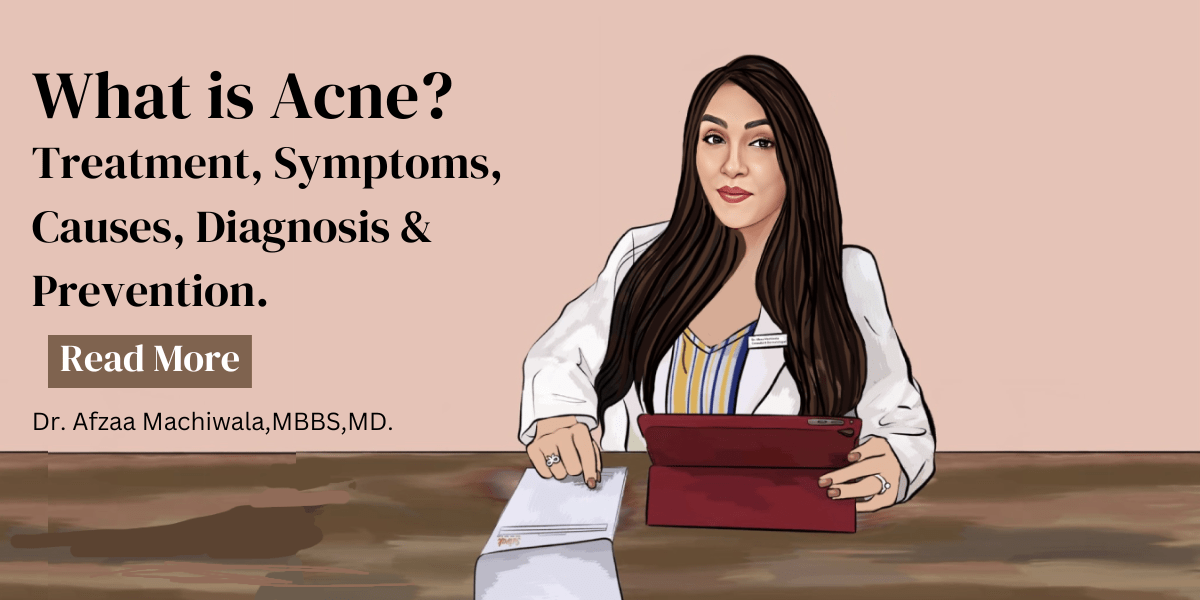

Related Posts
What is Open Pore On face? Types, Causes & Treatment method
May 14, 2024
What is Open Pores Open pores, visible openings of hair follicles on the skin, are often visible on
Read More
How To Remove Blemishes On the Face?
April 26, 2024
SummaryArticle NameHow To Remove Blemishes On the FaceDescriptionBlemishes refer to any imperfections or discolorations on the skin's surface.
Read More
How To Get Rid Of Hard Pimples?
April 24, 2024
SummaryArticle NameHow To Get Rid Of Hard Pimples?DescriptionThe hardness of a pimple is often attributed to its depth
Read More
How To Treat An Infected Pimple
April 22, 2024
SummaryArticle NameHow To Treat An Infected Pimple DescriptionAn infected pimple occurs when bacteria, typically Propionibacterium acnes, enter the
Read More
What Are The Causes, Symptoms, Treatments, And Prevention Tips For Stress Acne?
April 19, 2024
SummaryArticle NameWhat Are The Causes, Symptoms, Treatments, And Prevention Tips For Stress Acne?DescriptionStress acne, also known as stress-induced
Read More
What Are The Causes, Symptoms, Treatments, And Prevention Tips For Cystic Acne?
April 18, 2024
SummaryArticle NameWhat Are The Causes, Symptoms, Treatments, And Prevention Tips For Cystic AcneDescriptionCystic acne is a severe form
Read More
How To Get Rid Of Acne Papules?
April 17, 2024
SummaryArticle NameHow To Get Rid Of Acne Papules? DescriptionA papule is a type of acne lesion that appears
Read More
What Are The Causes, Symptoms, Treatments, And Prevention Tips For Adult Acne?
April 16, 2024
SummaryArticle NameWhat Are The Causes, Symptoms, Treatments, And Prevention Tips For Adult Acne? DescriptionAdult acne refers to the
Read More
How To Treat Acne Around The Mouth?
April 15, 2024
SummaryArticle NameHow To Treat Acne Around The Mouth?DescriptionAcne around the mouth can be an irritating and sometimes painful
Read More
How To Treat Dry Skin With Acne?
April 13, 2024
SummaryArticle NameHow To Treat Dry Skin With Acne? DescriptionDry skin itself may not directly cause acne, but it
Read More



